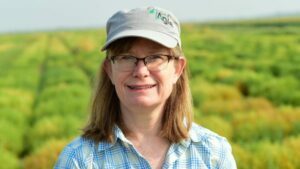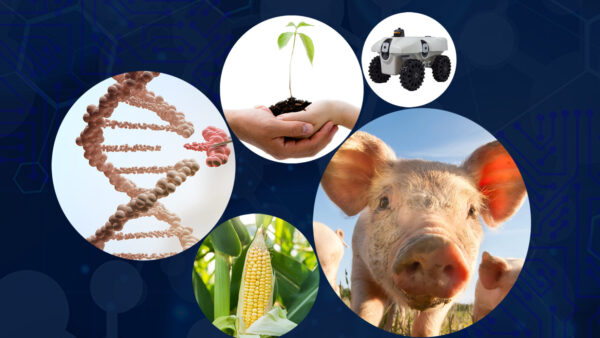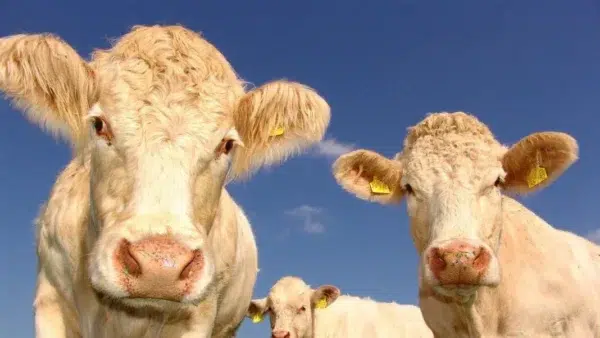An international team of researchers has fully sequenced the genome of the hyacinth bean or ‘lablab bean’ — a climate-resilient bean that could bolster food security in drought-prone regions, says a release.
The sequencing of the hyacinth bean not only paves the way for wider cultivation, but it brings nutritional and economic benefits, as well as an increased diversity into the food system. The bean is native to Africa and is cultivated in the tropics to produce highly nutritious beans used for food and livestock feed. In addition, the plant’s adaptability suggests high genetic diversity, which means it’s possible to select different adaptive genotypes for different environments and climatic changes.
“When it comes to valuing a crop, people often focus on its global market value in U.S. dollars,” said Chris Jones, program leader for Feed and Forage Development at the International Livestock Research Institute (ILRI) based in Kenya, and one of the lead authors of a new study in Nature Communications that shares the findings of the work. “However, for farmers who struggle to produce enough food, the value of a crop like lablab is incredibly high. Although it may be cultivated on a smaller scale compared to major crops, its impact on food security can be significant, and we need to recognize that.”
Researchers noted a few important details from the sequence:
- Important genetic traits: The team identified the location of important agronomic traits relating to yield and seed/plant size. In addition, they found the organization of the trypsin inhibitor genes, which inhibit a key enzyme in the digestion process in humans — all of which provides opportunities for targeted breeding to reduce the anti-nutritional properties.
- Food System Diversification: As one of the many orphan crops in the globe, the research team suggests the lablab bean could pave the way for a new revolution. “The first green revolution was achieved with major crops like wheat and rice. Orphan crops like lablab could pave the way for the next green revolution,” said Oluwaseyi Shorinola, another of the study’s lead authors from the International Livestock Research Institute (ILRI), and a visiting scientist at the John Innes Centre in the United Kingdom.
“Although many African indigenous crops have been sequenced in the past few years, in most of that work African scientists have been underrepresented, and when we’ve been involved, we have been in the back seat,” said Meki Shehabu, another co-author of the study and a scientist at ILRI in Ethiopia. “What makes this project special is that it is led by African scientists, in collaboration with scientists from international institutes.”












